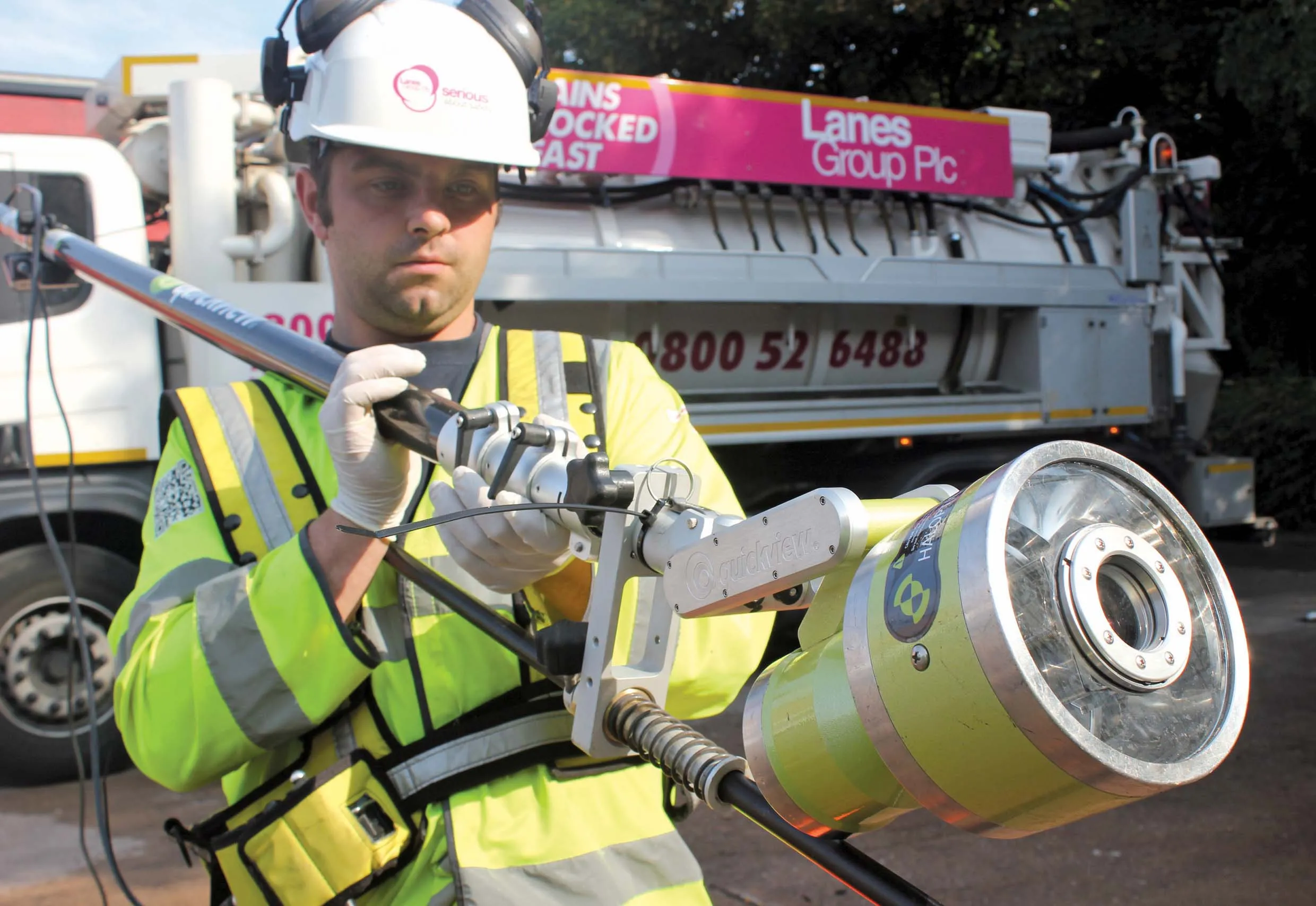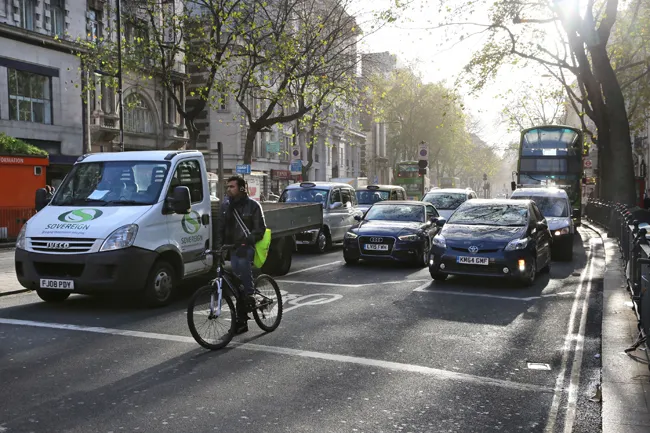An innovative project in the UK is aimed at replicating photosynthesis in a bid to produce biofuels. This project is being carried out by a team at the University of East Anglia (UEA), with assistance from the University of Cambridge and the University of Leeds. The intention is to find a simple and efficient process for producing hydrogen, with funding coming from the UK’s Biotechnology and Biological Sciences research council. The hydrogen produced using this technology then be used either as a fuel for i
January 23, 2013
Read time: 1 min
An innovative project in the UK is aimed at replicating photosynthesis in a bid to produce biofuels. This project is being carried out by a team at the University of East Anglia (UEA), with assistance from the University of Cambridge and the University of Leeds. The intention is to find a simple and efficient process for producing hydrogen, with funding coming from the UK’s Biotechnology and Biological Sciences research council. The hydrogen produced using this technology then be used either as a fuel for internal combustion engine cars or for vehicles with fuel cells. The process is complex and requires fitting micro solar energy converters onto microbes and extensive research will be required before it will be ready for field trials.









